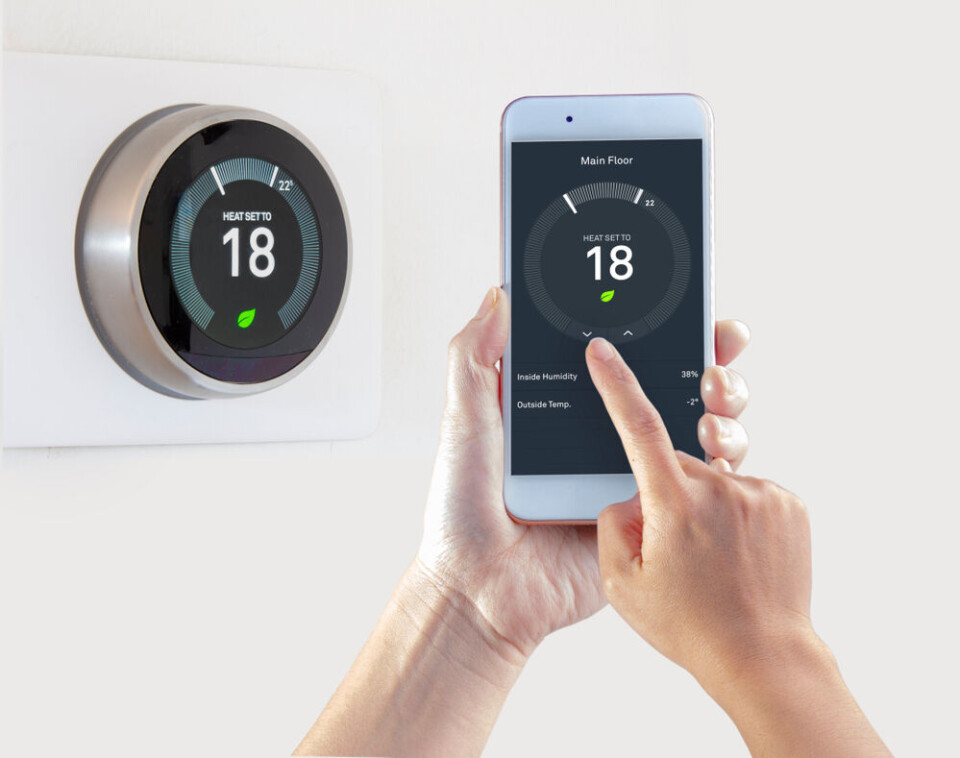-
Britons are the largest foreign community of second-home owners in Nouvelle Aquitaine
See which other departments in the region are popular with British nationals
-
Travellers risk extra costs under new Eurotunnel ticket rule
Some fare options are less flexible and less forgiving of lateness
-
May will be difficult month for train travel in France, warns minister
Two major train unions are threatening to strike and are ‘not willing to negotiate’, he says
Aid announced for people to buy radiator thermostats in France
The aid will cover up to 80% of the installation costs and comes as part of a raft of new energy- and fuel-saving measures

People in France will soon be able to get financial help from the government to pay for more eco-friendly radiator thermostats, as part of plans to implement ‘long term’ sensible energy use nationwide.
The government announced the measure as part of a wider set of new energy aids, especially in the context of soaring energy bills over the past year.
Minister for the Ecological Transition, Agnès Pannier-Runacher, said she wanted to make saving energy a “habit” for people, although she stopped short of confirming that the government was aiming for an exact number or reduction percentage.
She said: “It should no longer be a question. My objective is that [reduced] energy use becomes normal by the end of 2024.”
80% aid and DIY ‘turnkey’ offers
The new grants are intended to help private households to buy programmable thermostats - including those controllable by smartphone app. These cost “between €650 and €1,000 each” to buy and install, said the minister.
Up to 80% of the cost could be paid for by the government as thermostats can reduce energy consumption by 15% or more.
Ms Pannier-Runacher said that she had also been working with popular DIY chains to “make turnkey offers for households”, to make installation easier. She also said that the new finance bill - currently being debated in parliament - would aim to offer more aid for eco-friendly home renovation projects.
The government has also called on energy suppliers such as EDF and Engie to reward “energy use sobriety”.
It comes as electricity network manager RTE revealed that a survey from spring this year found there is still a “significant” lack of knowledge among the public about the correct temperature to heat homes. Energy providers recommend keeping your home no hotter than 19°C - and even less if possible.
RTE found that just 50% of the population currently respect this temperature, with a large proportion continuing to heat higher than this in the winter.
Aim to continue energy saving
However government figures show that gas and electricity consumption in France dropped by 12% for the period August 1, 2022 to July 31, 2023, compared to the same period in 2018-2019. The government is keen to maintain this energy-saving momentum.
“The important thing is to avoid a rebound effect,” she said. “The main challenge is to make the reduction a long-term thing.”
France has called on the public to cut energy use as a way to ensure that there is enough power to meet demand as well as to reduce greenhouse gas emissions.
As well as reducing power use, the government has called on companies to allow more people to work from home, and encouraged people to travel in more efficient ways, such as via public transport or by using car-sharing apps.
There will also be an awareness campaign, which is set to begin next week. It will run online, on TV, and on radio until February.
The phrase “I turn down, I turn off, I switch”, will be used together with a slogan “and I lift my foot”, the latter to raise awareness of how careful driving can reduce fuel use.
Public efforts
The government has also called on public buildings and communal spaces to cut energy use.
It is preparing a decree for offices and shops to “oblige them to switch on their window displays only one hour before the start of their activity, and to switch them off one hour after the end”, said Ms Pannier-Runacher. Breaking this rule will be punished by a fine of up to €1,500 for a first offence.
Street lighting is also under fire. The government has said it will consult with local authorities to discuss whether to turn down the intensity of lights, and whether any lights could be safely turned off at certain times.
And, amid rising fuel costs for vehicles, the government has also announced two new measures for cycling.
“From now on, employers will be able to pay their employees' private bike hire expenses,” said the minister. “We are also extending the tax reduction for companies which make company bicycles available to their employees to 31 December 2027.”
Related articles
French smart thermostat being given away in exchange for energy data
Monthly money saver: €150 thermostat grant open to all
























